Kumar et al. show that under glucose-depleted conditions, neurons can use fatty acids as an alternative source of energy to support synaptic function.


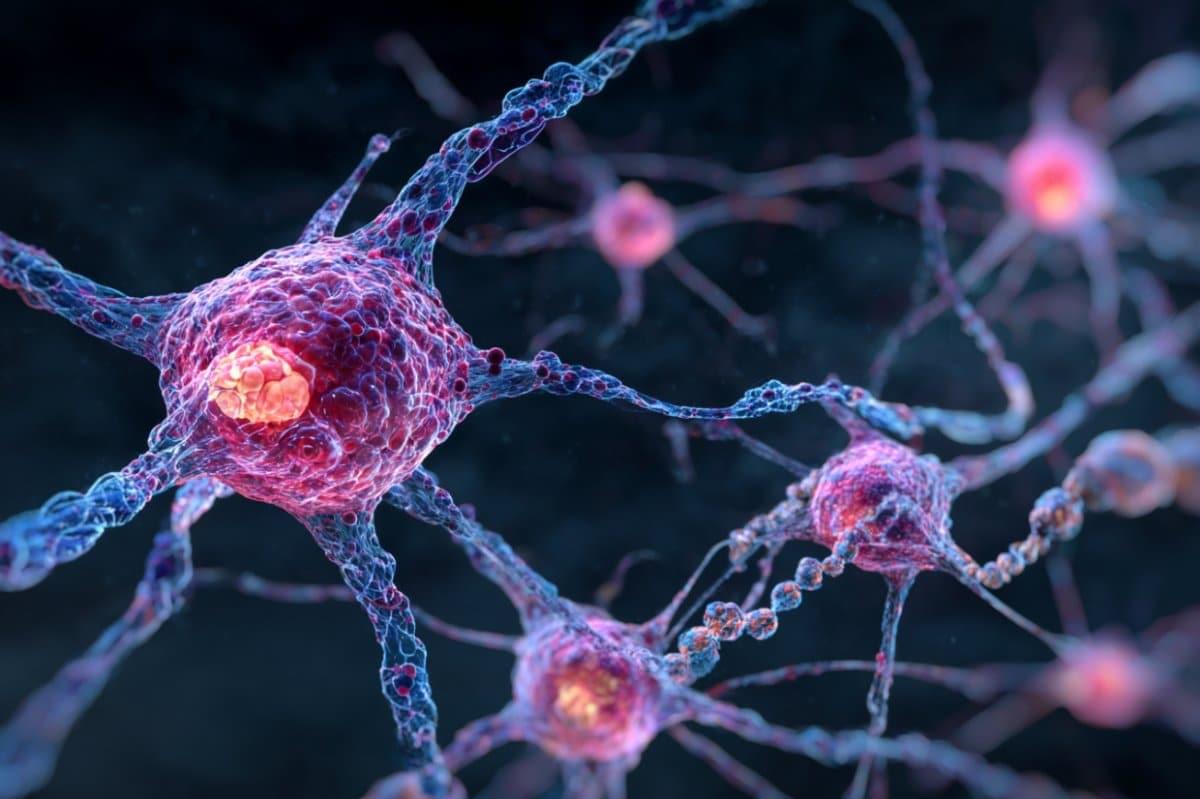
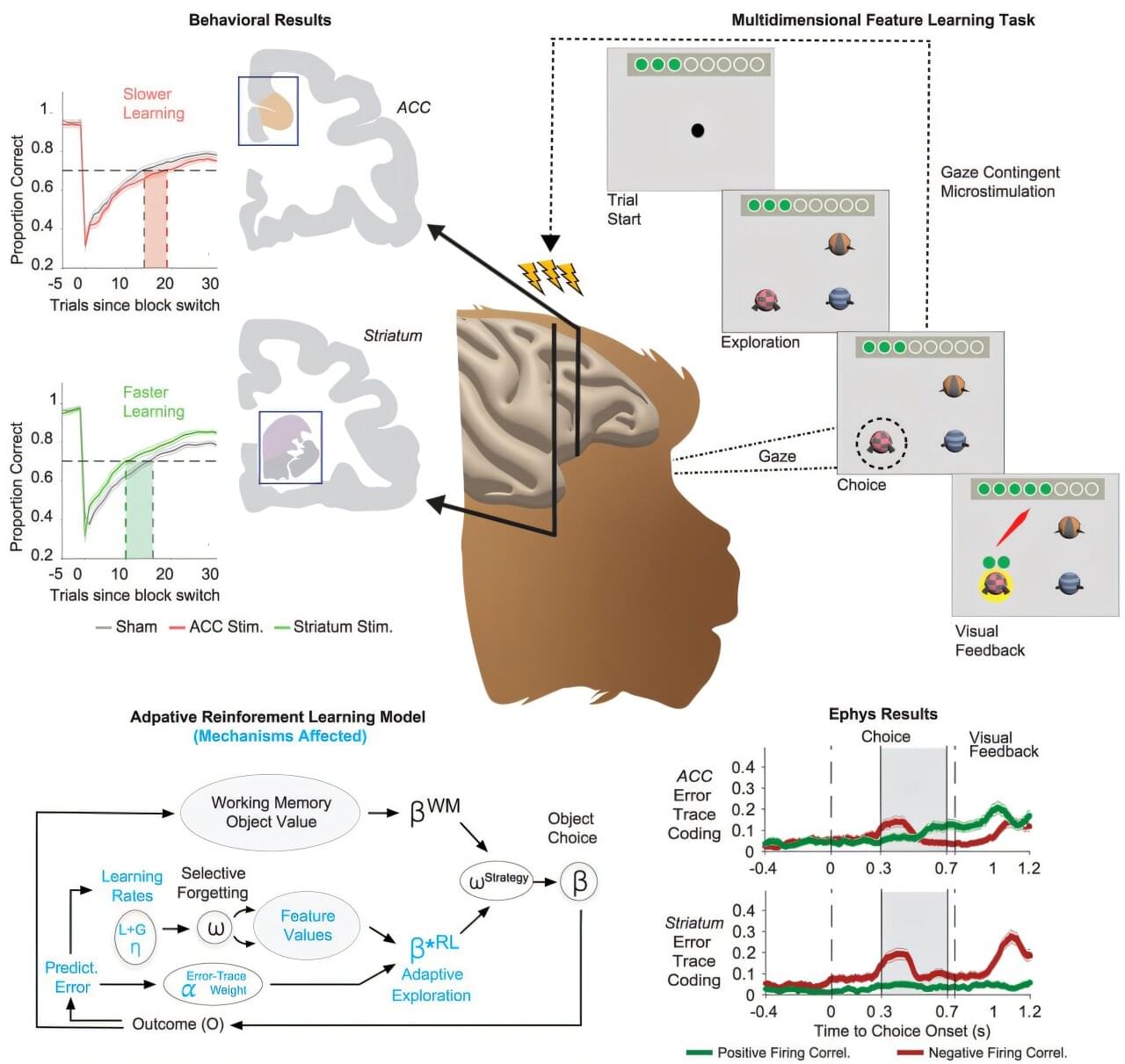
Research led by Thilo Womelsdorf, professor of psychology and biomedical engineering at the Vanderbilt Brain Institute, could revolutionize how brain-computer interfaces are used to treat disorders of memory and cognition.
The study, “Adaptive reinforcement learning is causally supported by anterior cingulate cortex and striatum,” was published June 10, 2025, in the journal Neuron.
According to researchers, neurologists use electrical brain-computer interfaces (BCIs) to help patients with Parkinson’s disease and spinal cord injuries when drugs and other rehabilitative interventions are not efficient. For these disorders, researchers say brain-computer interfaces have become electroceuticals that substitute pharmaceuticals by directly modulating dysfunctional brain signals.

Shading brings 3D forms to life, beautifully carving out the shape of objects around us. Despite the importance of shading for perception, scientists have long been puzzled about how the brain actually uses it. Researchers from Justus-Liebig-University Giessen and Yale University recently came out with a surprising answer.
Previously, it has been assumed that one interprets shading like a physics-machine, somehow “reverse-engineering” the combination of shape and lighting that would recreate the shading we see. Not only is this extremely challenging for advanced computers, but the visual brain is not designed to solve that sort of problem. So, these researchers decided to start instead by considering what is known about the brain when it first gets signals from the eye.
“In some of the first steps of visual processing, the brain passes the image through a series of ‘edge-detectors,’ essentially tracing it like an etch-a-sketch,” Professor Roland W. Fleming of Giessen explains. “We wondered what shading patterns would look like to a brain that’s searching for lines.” This insight led to an unexpected, but clever short-cut to the shading inference problem.
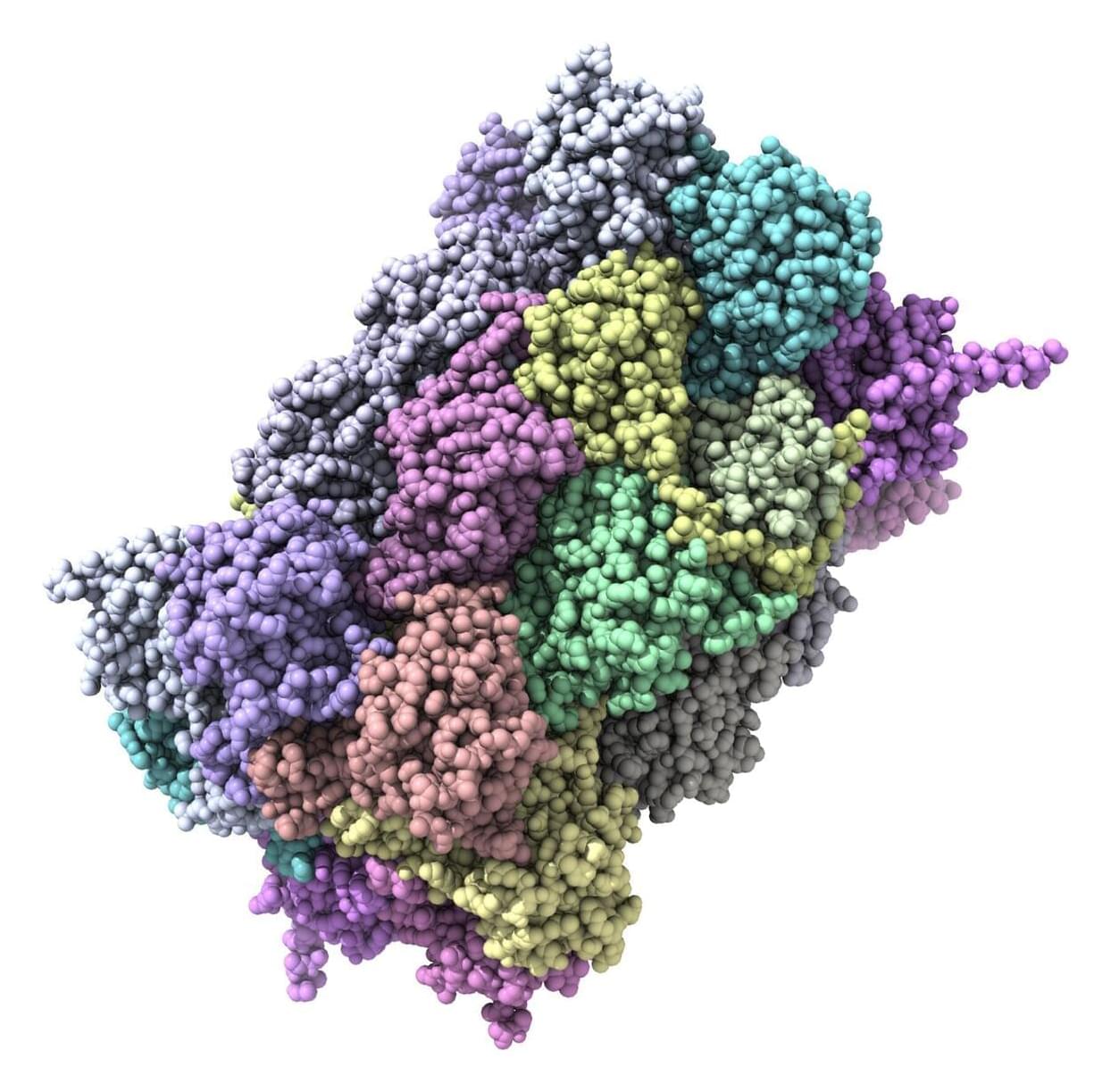
For decades, the story of Alzheimer’s research has been dominated by a battle between A-beta and tau amyloids, both of which can kill neurons and impact the brain’s ability to function. A new study suggests, however, that these sticky brain plaques may not be operating alone.
Johns Hopkins University researchers have identified more than 200 types of misfolded proteins in rats that could be associated with age-related cognitive decline.
The findings could lead the way to finding new therapeutic targets and treatments in humans that could provide relief for the millions of people over 65 who suffer from Alzheimer’s, dementia, or other diseases that rob them of their memories and independence as they age.
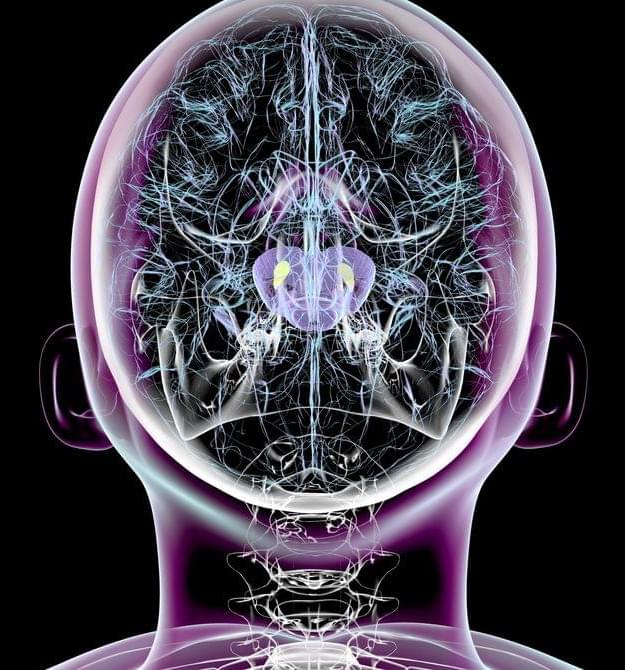
In 2017, he led a study that identified for the first time an abnormal form of a protein called SOD1 in Parkinson’s patients. Under normal conditions, this protein acts as an antioxidant enzyme, protecting brain cells from damage caused by free radicals, highly reactive molecules that contain oxygen and can deteriorate cells if not properly neutralized. Free radicals are produced by natural bodily processes as well as by external factors, like diet, smoking, and exposure to pollution.
In people with Parkinson’s disease, SOD1 suffers alterations that prevent it from fulfilling its protective function, with it instead accumulating in the brain and causing neuronal damage, according to the findings of Double’s team.
Based on these results, the team then conducted further research, with results suggesting that copper supplementation in the brain could be an effective way to slow and even reverse the symptoms of Parkinson’s (copper is crucial to SOD1’s function). To test this hypothesis, they evaluated the efficacy of a drug called CuATSM, designed to cross the blood-brain barrier and deliver copper directly to brain tissue.

From a brain chip that enabled a paralyzed patient to move his hand to a Pentagon-sponsored technology designed to restore memories, several exciting technologies have been announced recently that could advance the field of neurology. Here are 10 examples.
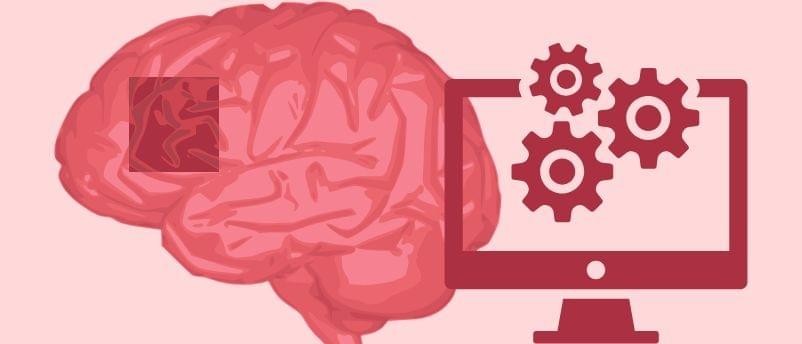
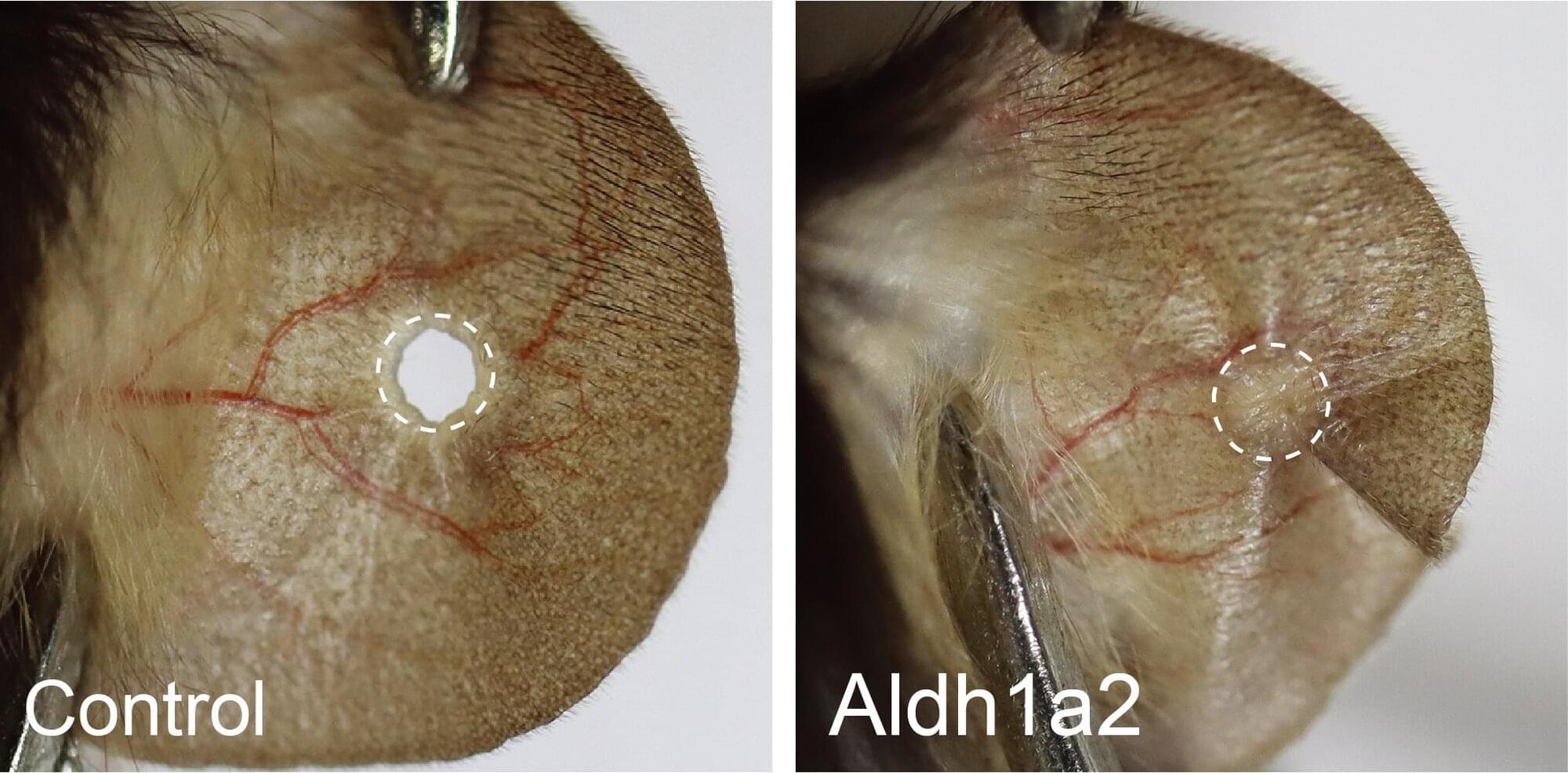
Research led by the National Institute of Biological Sciences in Beijing has discovered that switching on a single dormant gene enables mice to regenerate ear tissue.
Some vertebrates such as salamanders and fish can regenerate complex tissue structures with precision. A lost limb can be regrown, a damaged heart or eye can be repaired. Salamanders are so remarkable at reconstructing damaged tissues that even a spinal cord injury with severed neural motor connectivity can be restored.
Mammals occasionally showcase the ability to regenerate. Deer antlers and goat horns are examples of living tissue regeneration. Mice can regrow fingertips if they are lost. A healthy human liver can experience up to 70% loss of tissue and regrow to near full size within several weeks.
